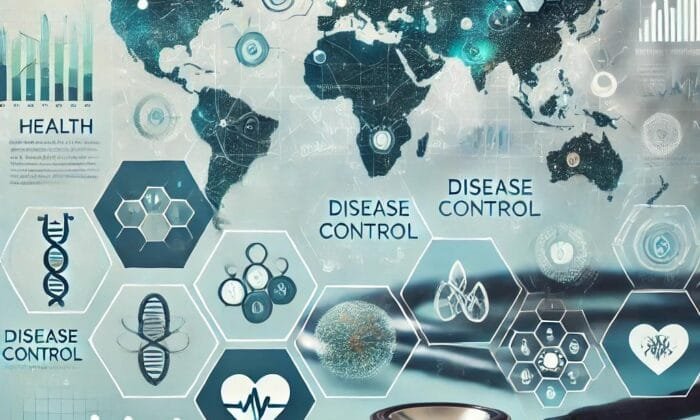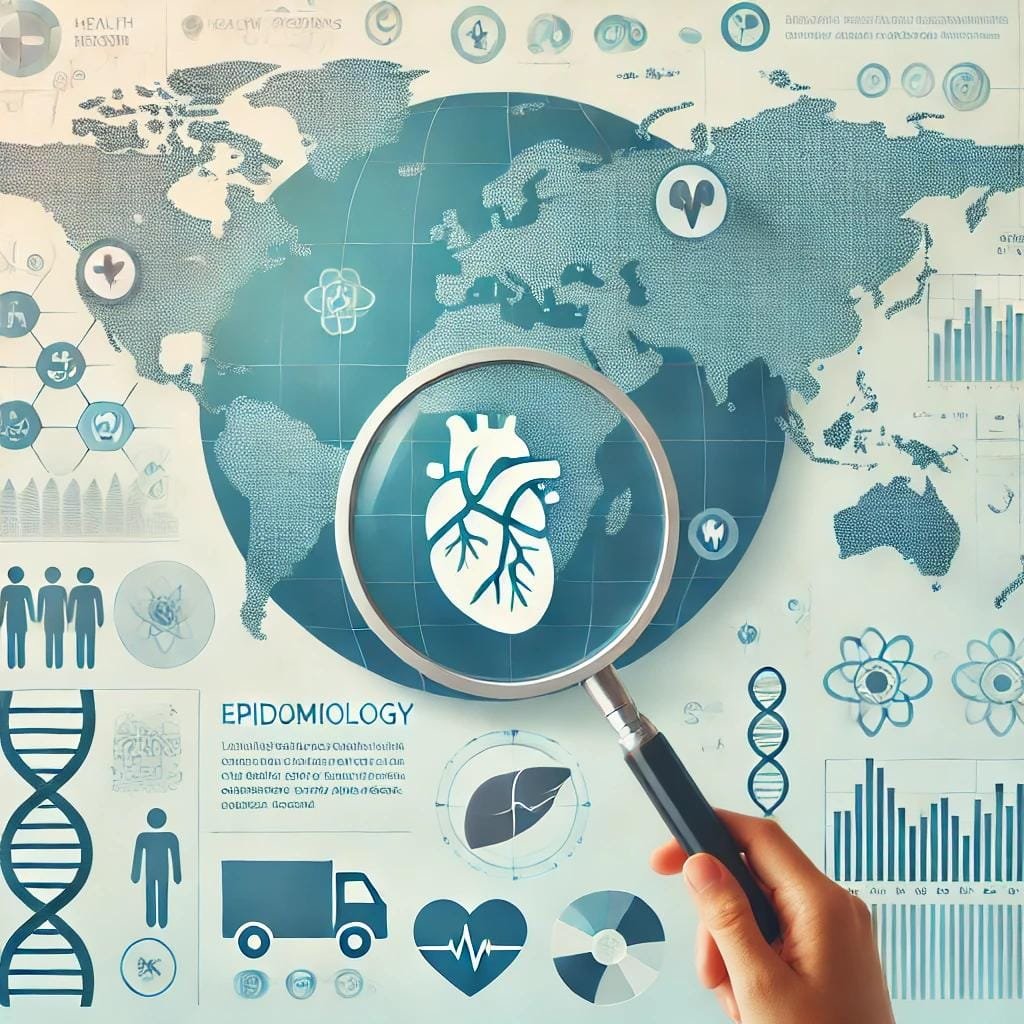
Epidemiology, derived from the Greek words epi, demos, and logos, is the study of what happens to a population. Its roots lie in understanding what befalls a population, and various definitions have been proposed, but this one embodies the underlying principles and public health spirit.
“Epidemiology is the study of the distribution and determinants of health-related states or events in specified populations, and the application of this study to the control of health problems.”
This is summarized as Epidemiology is the study of health-related events and their distribution in specific populations, with the aim of controlling health issues.

This definition outlines key terms that represent key principles of epidemiology which shall be discussed below:
Study
Epidemiology: A Data-Driven Science
- Utilizes data-driven methods for data collection, analysis, and interpretation.
- Incorporates methods from biostatistics, informatics, biologic, economic, social, and behavioral sciences.
- Considered the fundamental science of public health due to its quantitative nature.
- Develops and tests hypotheses to explain health-related behaviors, states, and events.
- Provides the foundation for directing appropriate public health action.
Distribution
Epidemiology is the study of the frequency and pattern of health events within a specific population.
“Frequency in Epidemiology”
- Number of health events in a population.
- Relationship to population size.
- Enables disease comparison across different populations.
Health-Related Events Patterns
- Time patterns: Annual, seasonal, or hourly.
- Place patterns: Geographic variations, urban/rural differences, work site locations.
- Personal characteristics: Age, sex, marital status, socioeconomic status, behaviors.
- Descriptive epidemiology: Analyzing health events by time, place, and person.
Determinants
- Identifies determinants influencing disease occurrence.
- Believes illness occurs when right accumulation of risk factors exists.
- Analytic epidemiology studies understand differences in disease rates among groups.
- Findings aim to provide evidence for effective public health control and prevention measures.
Health-related states or events
- Initially focused on communicable diseases.
- Expanded to include endemic and non-communicable infectious diseases.
- Applied methods to chronic diseases, injuries, birth defects, maternal-child health, occupational health, and environmental health.
- Studied health-related behaviors like exercise and seat belt use.
- Utilized molecular methods to examine genetic markers of disease risk.
- Health-related states or events encompass anything affecting population well-being.
Specified populations
Epidemiologists’ vs. Clinicians: Different Perspectives on “The Patient”
- Clinicians focus on individual health.
- Epidemiologists are concerned with community health.
- Clinicians treat and care for the individual.
- Epidemiologists identify the cause of illness, number of similar cases, potential for spread, and prevent further cases.
Application of Epidemiology
- Epidemiology involves applying health studies to community-based practice.
- Clinicians combine scientific knowledge with experience, clinical judgment, and patient understanding for proper diagnosis and treatment.
- Epidemiologists use scientific methods, experience, epidemiologic judgment, and local conditions to diagnose community health.
- They propose practical public health interventions to control and prevent disease.
Summary
- Scientific, systematic, data-driven study of health-related states and events.
- Determinants of health-related states and events in specific populations.
- Application of epidemiology to control health problems.
Bibliography
- Principles of Epidemiology in Public Health Practice Third Edition an Introduction to Applied Epidemiology and Biostatistics. p 17

